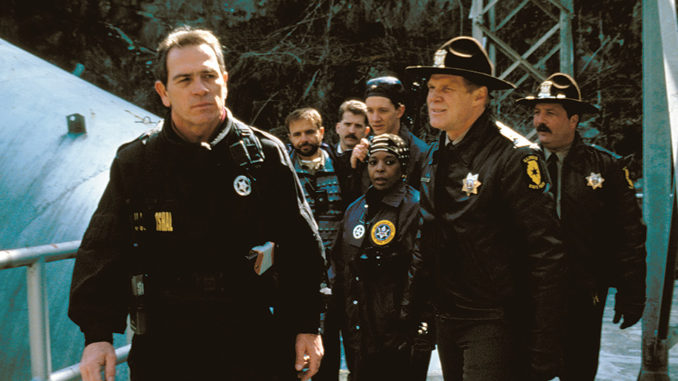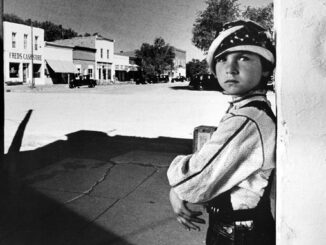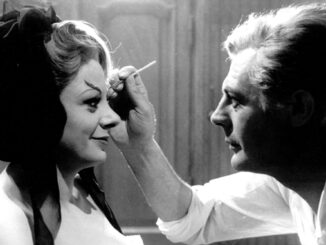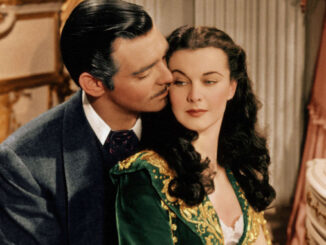
by Susan Avallon
At my high school, admission to advanced placement (AP) classes was by invitation only. I tried four times to be admitted into AP English. The head of the department, a sour and exhausted woman named Ms. Gallagher, eventually told me, “I wouldn’t feel good about myself if I encouraged you to pursue something at which you won’t succeed.”
I went off to college and majored in English, graduating Phi Beta Kappa. I came back to my high school pretending to be interested in tutoring but my real purpose was in my hand — a resume I handed over to Ms. Gallagher to show her she had been wrong about me. She looked over my college record and said something bland about how nice it was to see “one of our own” do so well. She didn’t remember me.
But I never forgot her, or what she said to me. And for years I thought of myself as someone who had succeeded in this particular endeavor in spite of her — until I realized this actually wasn’t something I could take all the credit for myself. And it was a movie that helped me make that connection. Let me explain…
“Drama is conflict.” This was the first thing they taught me in film school, and it remains the most useful marching orders in my work as a story analyst. Anyone who ever took a class from Richard Walter, chairman of UCLA’s graduate program in screenwriting, knows his favorite saying about this: “Nobody wants to see a movie about the village of the happy people.” You have to love your characters, then hurt them. You have to challenge and frustrate them and take away things they love.
The central source of a movie’s conflict is, of course, its antagonist…and this is, too often, where a movie falls short. It’s one of my chief frustrations when a screenplay presents me with a cartoonish villain whose motivations I can’t understand — and it happens all the time.
That’s why The Fugitive (1993) was such a breath of fresh air.
Everyone remembers one line from this movie and we remember it because it says so much about the two central characters. Deputy Samuel Gerard (Tommy Lee Jones) corners Dr. Richard Kimble (Harrison Ford) at the top of a dam and almost catches him, just 40 minutes into the movie. “I didn’t kill my wife!” yells Kimble. “I don’t care,” replies Gerard, unfazed despite the gun pointed at his chest.
Here’s the thing about Gerard: He’s one of the most formidable antagonists you’ll see in any thriller but, at the same time, he’s so damn likable. He radiates charisma from the moment he steps into the story. He’s crafty, dogged, impressively intuitive. But he also takes care of the people who work for him. When, at the end of the above scene, Kimble leaps over the dam and gets away, Gerard isn’t mad about it. He’s shocked, then he’s amused, then he’s impressed. But he isn’t about to call off the hunt because he loves his job and it’s important to him to do it well.
It’s the mark of a really good story when you can immediately imagine switching focus, from the protagonist to the antagonist, and telling it from the opposite point of view. And you know you’d enjoy it just as much the other way.
There’s something antagonists do in addition to frustrating our movie heroes, and it’s really crucial to good storytelling. They force our heroes to do things they don’t want to do. Imagine this story without Gerard in it. Kimble has just experienced three huge traumas: the murder of his wife, his own unjust conviction for that murder and a violent bus/train crash he barely survived. You can easily imagine him curling up in a ball and just processing that trauma for a good long while.
But he doesn’t have that luxury because he has Gerard on his tail. So Kimble rouses himself and spends every tense second of this story doing everything he can to solve his wife’s murder, ultimately pinpointing the real villain and freeing himself in the process. And he doesn’t do this in spite of Gerard; to a great extent, he does this because of him.
We are such selfish creatures. We see ourselves as the stars of our stories and everyone else as supporting players, but of course the opposite is equally true: We are all supporting players in everyone else’s stories. And when what we want comes into conflict with what others want, we don’t just clash over it; we often stretch ourselves to accomplish things we wouldn’t accomplish otherwise.
When I look back on my college years, it’s clear that Ms. Gallagher’s voice of doubt helped spur me to prove what I was capable of doing. I can’t really say I think of her with fondness. But this is not the village of the happy people, and thank goodness for that. To all my antagonists: Thanks for helping me grow.





